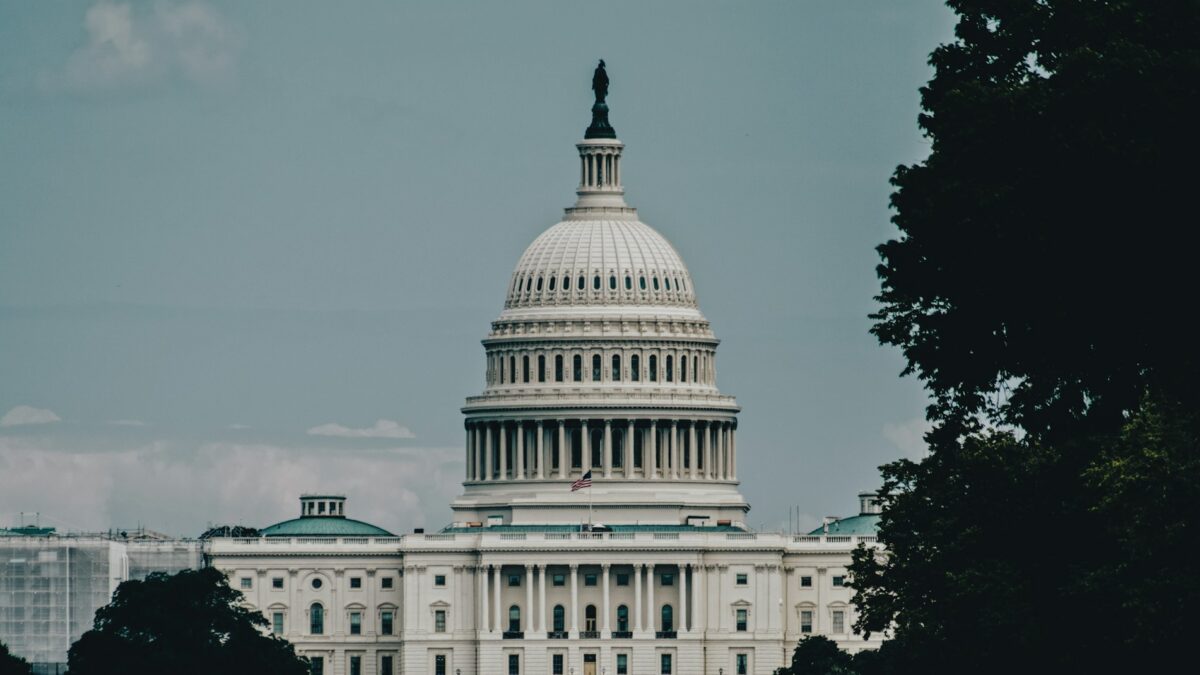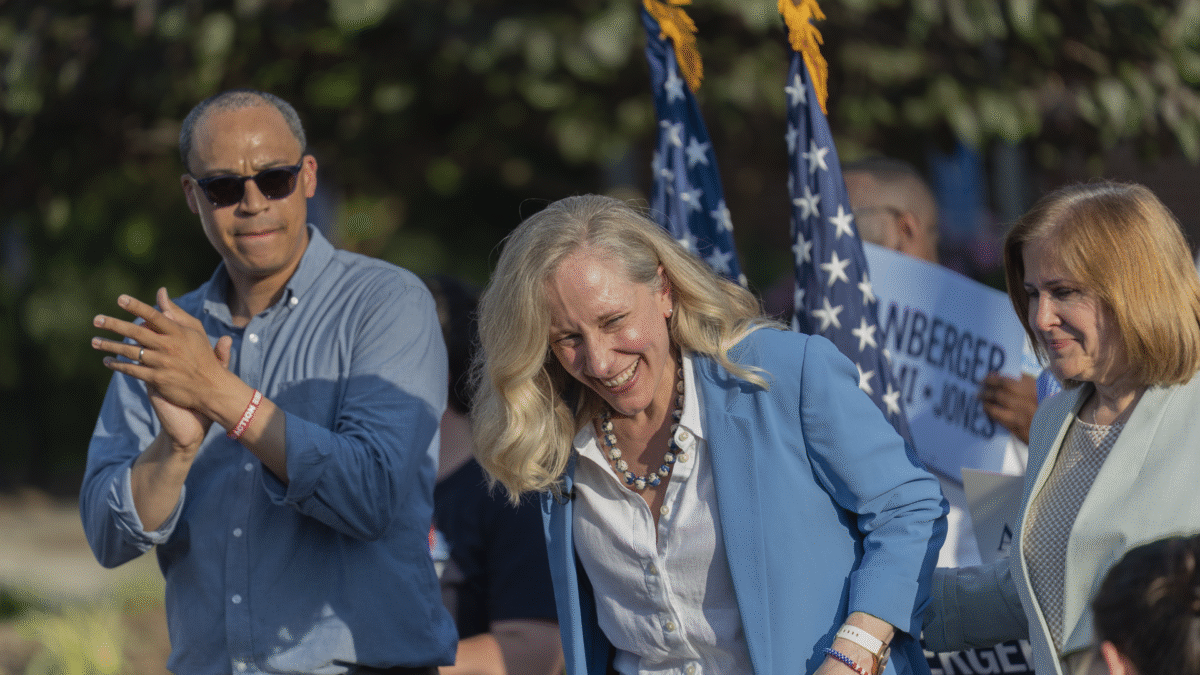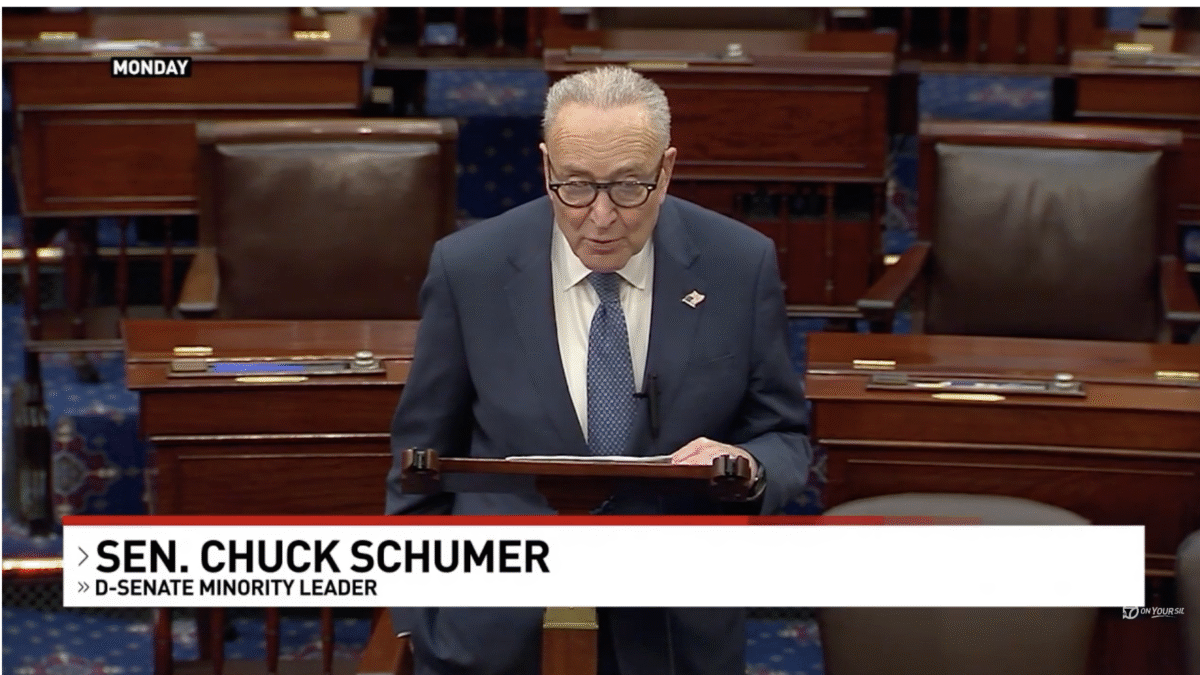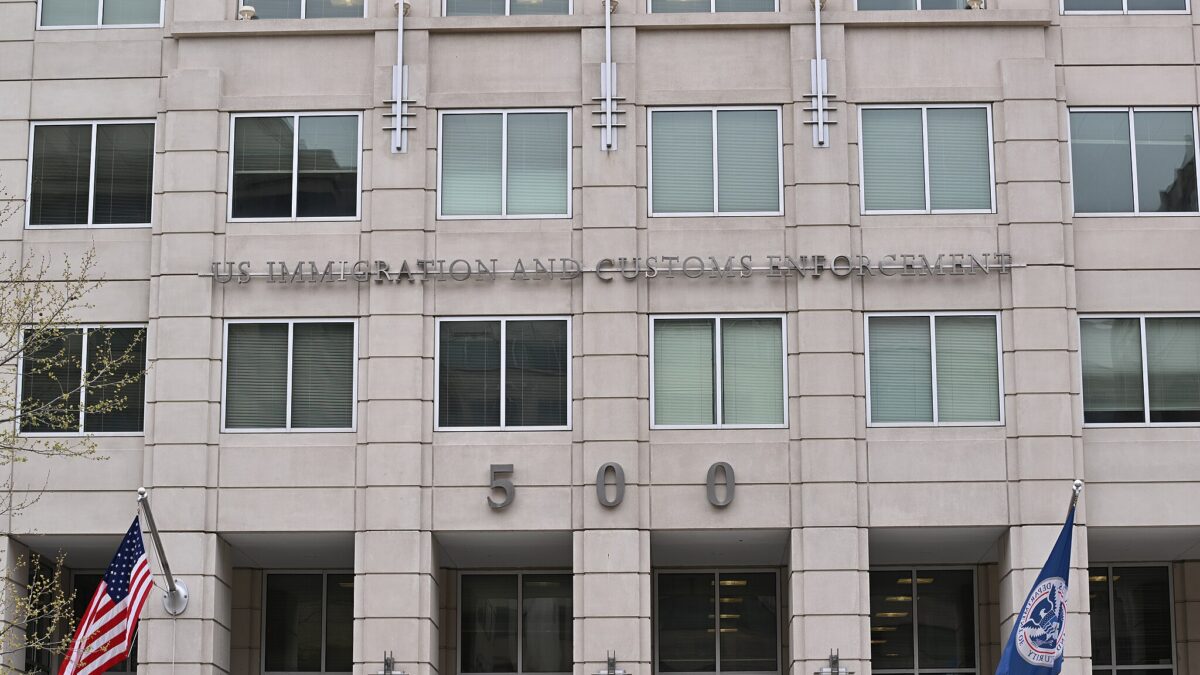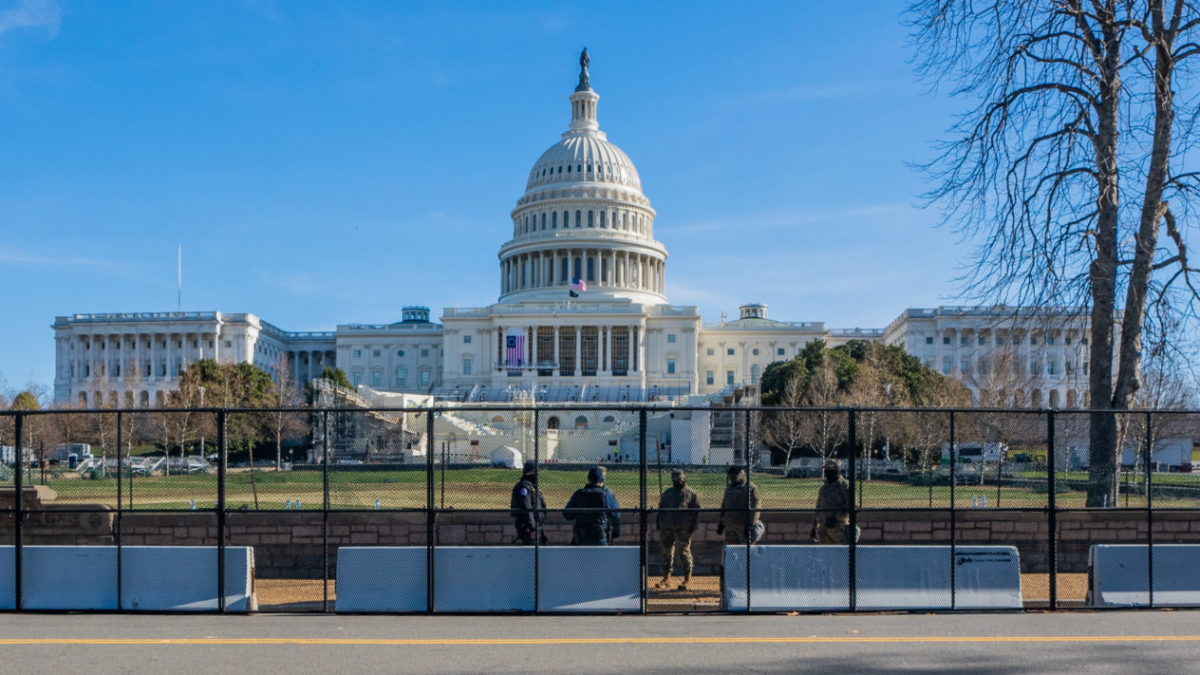
Have Democrats found the issue on which they can break what’s left of Senate traditions and parlay a 50-50 split into partisan domination? It’s far from clear that anything will be enough to move the two recalcitrant members of their caucus — Sens. Joe Manchin, D-W.Va., and Kyrsten Sinema, D-Ariz., — to change their minds about voting to change the chamber’s rules that require a majority of 60 in order to invoke cloture and end filibusters. But if anything will do it, it might be the claim that passing their game-changing federal voting rights bill is the only way to defend American democracy against Republican insurrectionists.
Manchin and Sinema’s opposition was the rock on which the Biden administration’s effort to pass their trillion-dollar “Build Back Better” spending bill broke in December. The pair felt comfortable resisting presidential pressure as well as a storm of abuse from leftists on legislation that would likely sink an already shaky economy and fuel record inflation.
But with their ambitious spending plans blocked, Democrats are pivoting in the new year to a renewed effort to pass something that is likely even dearer to the hearts of their left-wing base: changing voting laws to make it easier for Democrats to win elections. They are tying the “nuclear option” on the filibuster and passage of voting bills to their attempt to turn the one-year anniversary of the Jan. 6 Capitol riot into a festival aimed at demonizing all Republicans as “insurrectionist” traitors who present a threat to democracy.
With their cheering section in the corporate media treating “Insurrection Day” observances as if it were a new national holiday and more important than 9/11, they’ve created more leverage that could shift their two holdouts. If it does, that would allow Vice President Kamala Harris’ tie-breaking vote to transform the electoral landscape in a manner that will end federalism for all intents and purposes and give federal bureaucrats unprecedented power to help Democrats win elections.
Democratic Holdouts Could Be On Board This Time
The crucial point here is that, unlike “Build Back Better,” Manchin and Sinema have already endorsed both the John R. Lewis Voting Rights Advancement Act and the even more far-reaching “Freedom to Vote Act.” So this will be a far sterner test of their principled opposition to a move that would essentially seek to make the Senate, like the House of Representatives, a purely majoritarian institution.
The Senate was designed by the republic’s Founders to act as a brake on the will of marginal majorities seeking to use a temporary advantage to enact laws that would transform the country with unknowable and potentially dangerous consequences.
The John R. Lewis Act would allow the federal government to intervene anywhere in the country to overrule local or state authorities whenever the left alleges that changes in the laws could theoretically disadvantage minority voters. That would override the U.S. Supreme Court 2013 ruling in Shelby County v. Holder that held that it was no longer legal for activist lawyers in the Department of Justice to act as if the country hadn’t been transformed since the Voting Rights Act of 1965 forced the end of de jure racial discrimination.
Legislation Would Federalize Elections
The “Freedom to Vote Act” would, in effect, federalize all elections. Along with turning Election Day into yet another national holiday, the act would impose early voting rules everywhere and allow voting by felons and attempts to influence those waiting to vote with gifts of food and water. It would make automatic voter registration, same-day registration, and online registration mandatory. It would also end partisan gerrymandering while still protecting often bizarrely shaped minority-majority districts that were created to ensure specific racial groups would dominate them.
Even more importantly, it would hamstring any efforts to ensure the integrity of the vote by preventing actions like the cleaning of voting rolls to ensure that people who have moved or died aren’t still registered. It would also ban widely popular voter ID rules, expand mail-in ballots, restrict efforts to ensure that their signatures are valid, and legalize vote harvesting. It would also impose new rules on campaign contributions in an attempt to override the Supreme Court’s 2010 Citizens United v. FEC decision that protected political speech.
Taken as a whole, the bill would make every future election resemble the chaos that affected the 2020 pandemic voting, removing guardrails that ensure fairness. Even if 2020 didn’t produce a fraudulent result, the election still undermined the credibility of the system (with Big Tech internet companies and the corporate media tilting the election against former President Donald Trump).
This Is Not Defending Democracy
But like their claims that the actions of a few hundred disorderly rioters was the moral equivalent of al-Qaida terrorism or the Confederates firing on Fort Sumter, the idea that these voting laws will defend democracy is nothing but gaslighting.
Harris recently claimed the “biggest national security challenge” facing the country was the alleged “threat to democracy” presented by Republicans enacting laws in various states to strengthen voter integrity measures. The House’s Jan. 6 Committee is a partisan kangaroo court in which Democrats, along with two GOP turncoats (Reps. Liz Cheney, R-Wyo., and Adam Kinzinger, R-Ill.), are attempting to mainstream conspiracy theories about Trump and the GOP. Their efforts to delegitimize opposition to President Joe Biden and leftist woke doctrines as “insurrection” continue, and the room for even moderate Democrats to oppose the left’s impulse to crush all opposition is growing smaller.
A vote to end the filibuster and pass these voting laws would be far from a defense of democracy or an appropriate answer to “insurrection.” This would be a stunning blow to the way the Senate has always ensured that slim majorities can’t enact legislative revolutions.
The essence of American democracy has always been the way the Constitution created a system that preserved order while allowing incremental rather than wholesale change. Belief in that concept used to have bipartisan consensus. But not for today’s Democratic Party. It is led by an aging president who is held captive by a leftist base that wants to create a legislative revolution now, before Democrats’ razor-thin majorities are erased in the 2022 midterms. That means changing the rules to get their way by any means possible is an imperative.
Some radical Democratic provocateurs are claiming that if they don’t get their way, Republicans will never allow another fair election. Although a Republican counter-claim along the same lines may sound like hyperbole, it would be closer to the truth to assert that ending the filibuster and passing the Democrats’ voting laws would be a genuine threat to the integrity of American democracy.
It may be that after the Democrats’ conspiracy-mongering about Russian collusion in 2016 and Trump’s “stop the steal” claims about 2020, neither side will ever fully accept any election loss in the future. But if Manchin and Sinema don’t stand their ground, the system will be changed in a manner that will make cynicism about rigged voting more a matter of common sense than tinfoil-hatted extremism.


